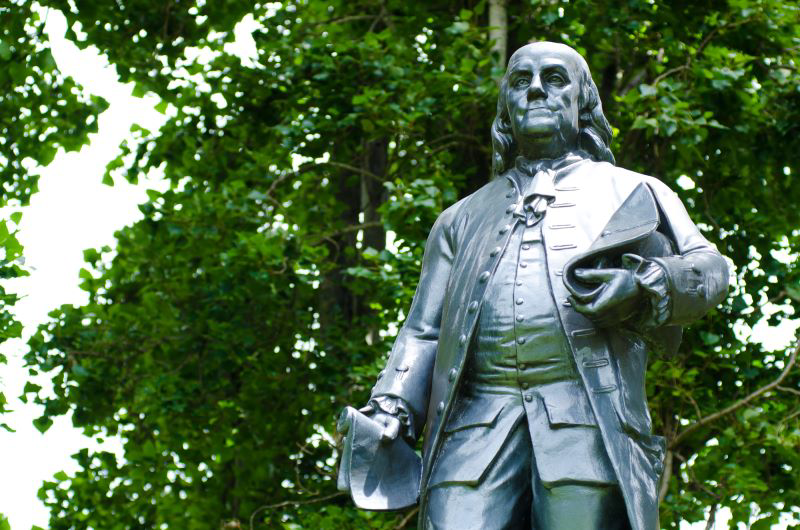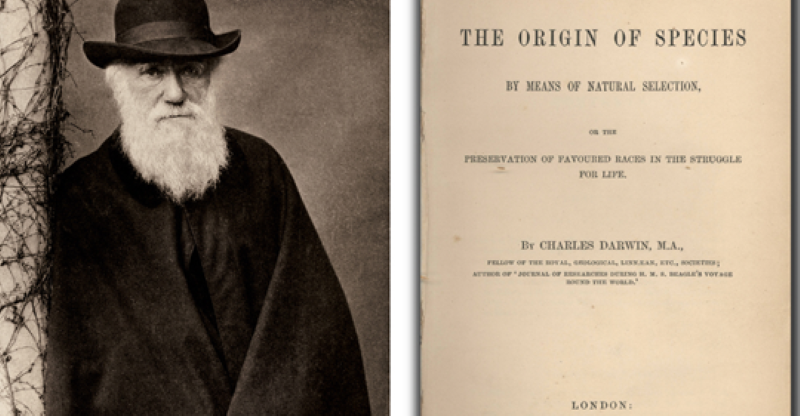The Fight for Christmas: Part 1
Sign up for a six month free
trial of The Stand Magazine!
Another Christmas is upon us and that means gifts under the tree, excited children, family travels and, of course, wars over Christmas itself.
Although it is not exactly breaking news for those who are familiar with AFA, for the last eight years the ministry has argued that there exists a “War on Christmas.” AFA’s “Naughty-or-Nice List,” featuring companies that profit from Christmas shopping but refuse to publicly acknowledge the existence of the Day itself, is in the media every year at this time.
For five of those years, AFA chose one company on the “Naughty” list and called for a limited boycott, covering the shopping season between Thanksgiving and Christmas.
Initially, criticisms aimed at AFA over this issue came mostly from left-leaning members of the media or people who simply hated everything the ministry did anyway.
In a New York Times op-ed piece last December [2013], for example, Gail Collins derided AFA and others for embracing “a seasonal victimhood” that is meant to force stores to link corporate greed with the birth of Jesus Christ.
Nothing could be further from the truth; we learned long ago that the secular news media sometimes cares little for the truth when it comes to evangelical Christians. A good smear is quicker and cheaper than actually trying to understand us.
However, over the last several, AFA has found itself being targeted – either implicitly or explicitly – by other Christians. Whether it’s from Rachel Held Evans on the evangelical left or Russell Moore on the evangelical right, some Christians have chided and condemned the war on Christmas.
So was the fight worth it?
A wider war
AFA’s efforts in this arena have never existed in a vacuum. The ministry holds three propositions in tandem: (1) There has been an intentional effort for over 100 years to secularize the U.S. (2) The war on Christmas does exist and it has been part of this wider effort. (3) The attempt to secularize the nation is bad for America and ultimately threatens the very existence of the Republic.
Since the latter half of the 19th century, secular humanists have busily attempted to dismantle the Christian foundations of America. For example, Humanist Manifesto, one of the key declarations of principle penned by secular humanists, stated in 1933: “[W]e consider the religious forms and ideas of our fathers no longer adequate.”
While Christians might not want to admit it, the humanists in America have made tremendous progress. Here is the general outline of secularist achievement that has emerged over the last century or so:
(1) Removal of Christian influence in our laws: The Founders believed in a Creator who made plain His intention for mankind through natural law as well as the Scripture. However, this view was successfully scrubbed away from the nation’s law schools and universities in the first half of the 20th century. It was not surprising, therefore, when the U.S. Supreme Court, beginning with its 1947 decision in Everson v Board of Education, began making brand new pronouncements about the role of religion in America. In fact, the 1947 ruling was the first to create a “wall of separation between church and state.” That this was without precedent in American jurisprudence was no accident; the principle was created out of whole cloth.
(2) Restriction of Christian influence in our culture: The Founding generation assumed that Christianity – and the morality that flowed from it – would allow the citizens of the new Republic to govern themselves without widespread intrusion from a centralized government. However, secularists began successfully undermining Christianity’s influence in education, sexual mores, entertainment, and elsewhere. Now the majority religion in the U.S. is not simply ignored but often openly ridiculed and attacked.
(3) Removal of Christian symbols from the public square: Since the creation of our nation in 1776, Christian symbols were conspicuous because Christianity itself undergirded American culture. But secularists argued that, if Christianity was no better than any other religion – and, in fact, as most secularists believe, if religion itself is bad for a modern society – then its symbols should no longer have a prominent place. From the removal of crosses and the expulsion of the Ten Commandments from public land to the exclusion of Nativity scenes from local commons, the scrubbing away of Christian symbols has been remarkably successful.
(4) Restriction of Christian practice in the public square: The Founders believed that the beliefs of religious people would inform their political views, and that ideas based in religious principle would have a valid place in policy decisions. However, the discrediting of that belief is underway. While it is by no means a fait accompli, Christians have been alarmed at recent federal court decisions that have insisted that laws passed on the basis of a morality rooted in religion are invalid.
Why should people care? The Founders believed that previous republics and democratic societies eventually died or were destroyed because humanity carried within itself the seeds of its own destruction. To restrain such sinful tendencies, there were only two powers strong enough: external government coercion or internal restraint. For people to live in a nation free of overbearing government compulsion, they must govern themselves.
From where would such self-governance come? In his Farewell Address, the nation’s first president outlined the dual pillars upon which the nation’s political system would rest. George Washington said:
Of all the dispositions and habits which lead to political prosperity, religion and morality are indispensable supports. … In vain would that man claim the tribute of patriotism who should labor to subvert these great pillars of human happiness. …
AFA has always believed that the war on Christmas should be viewed in this context.

Sign up for a free six-month trial of
The Stand Magazine!
Sign up for free to receive notable blogs delivered to your email weekly.


















